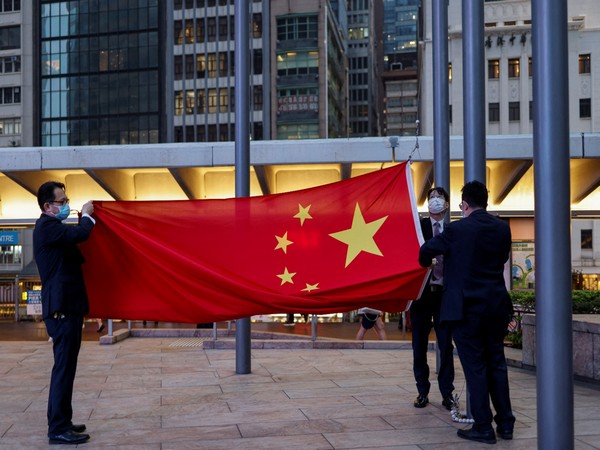China seeks to escape the siege of the chip industry
May 29, 2024
Beijing [China], May 29: China has just launched a "super huge" support package for chip industry businesses to develop to solve the difficult situation the country is facing due to measures from the US and its allies.
Record support package
Late on May 27, Nikkei Asia reported that China
Contributing to the new fund, the Ministry of Finance accounts for 17%, followed by a subsidiary of the National Development Bank with 10%. An investment company affiliated with the Shanghai City government holds 9%, with other state-owned enterprises sponsoring the fund. According to Nikkei Asia , although the specific investment target has not been disclosed, the focus of activities is expected to be on manufacturing equipment and semiconductor components
Recently, Washington has imposed strict export controls on Beijing for advanced chips and semiconductor manufacturing equipment to limit China's ability to produce and buy such devices. advanced devices, including those designed for AI.
The fund is also expected to fund research and development projects to enhance AI capabilities for existing chip manufacturing technology.
In addition to supporting the development of chip manufacturing equipment that is facing barriers from Washington, Beijing's new fund is expected to provide financial support to large Chinese semiconductor companies to be able to provide silicon panels. , chemicals... for the domestic market, to limit dependence on foreign supplies.
In fact, measures from the US are causing China to face many difficulties in the semiconductor chip industry, not even being able to meet the demand for advanced chips. Before the above support package was announced, Nikkei Asia newspaper cited a study predicting that by 2032, in terms of advanced chips (with a process of 10 nm or less), China could only produce 2% of total production. global volume.
Beijing's efforts
To meet domestic demand, China has recently taken many measures to enhance chip production capabilities. As a result, China's total integrated circuit (IC) output increased by 40% to 98.1 billion products in the first quarter of 2024. This is a sign that the country is expanding production of older generation chips while constrained by US trade restrictions on advanced chipmaking equipment. In March alone, IC production increased by 28.4%, reaching 36.2 billion products - reaching an all-time high, according to data cited by the South China Morning Post from the Chinese Bureau of Statistics ( NBS).
Regarding this issue, the US Center for Strategic and International Studies (CSIS) recently issued a report assessing that sanctions from Washington have pushed Beijing to increase investment so that China dominates production. produces older generation chips - which are still essential in many industries.
Also from the above pressures, Chinese technology companies have also shifted their development direction. Typically, according to a recent analysis by Bloomberg, Huawei has shifted from focusing on developing 5G technology to strongly developing semiconductor chips, including advanced chips. Accordingly, after US sanctions blocked access to many sources of advanced chip technology, Huawei is setting up a network of factories to produce chips itself. Recently, Huawei revealed that it has autonomously designed a chip line with a process of only 7 nm, which is only a few years slower than the world's most advanced technology.
Source: Thanh Nien Newspaper








